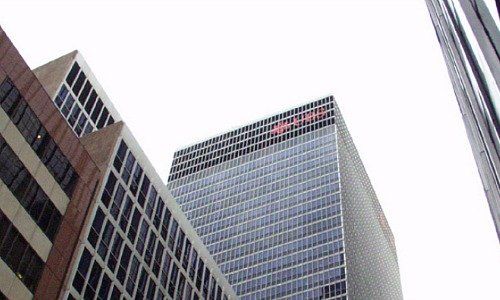Europe Banks Pass U.S. Stress Test
The European banks with large U.S. operations have all passed the first part of the Federal Reserve stress test. The second part will be mainly relevant for shareholders.
All the biggest banks of the U.S. are resilient and capitalized enough to continue with their business during a global recession, according to the Federal Reserve Bank (Fed). The 35 companies, which include Swiss-based UBS and Credit Suisse as well France's BNP Paribas and Germany's Deutsche Bank, passed the first part of the annual stress test, the Fed said on Thursday.
Assuming a so-called severely adverse scenario, the banks aggregate common equity tier 1 capital ratio would fall from 12.3 percent (in the fourth quarter of 2017) to a minimum of 7.9 percent. The minimum requirement was for 4.5 percent. The scenario assumes a severe global recession, with U.S. unemployment rising to 10 percent with a steepening treasury yield curve.
Fewer Tests in Future
On Thursday of next week, the Fed will release the results of the second part of its stress test. It will say whether the companies are allowed to spend money on dividends and share buyback plans. In the past year, all companies included in the test received the green light from the Fed.
In future, companies including UBS and Credit Suisse will have to pass fewer stress tests as the U.S. authorities will increase the criteria for companies deemed essential to guarantee the stability of the economy. Only banks with assets totaling $250 billion will be too big to fail. UBS and Credit Suisse in the U.S. have assets of about $140 billion each.






















